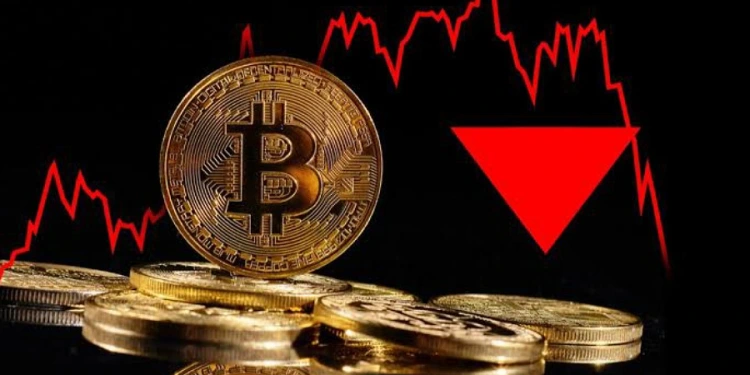Panic sell in crypto market, over 100K investors liquidated as Bitcoin drops to $18.5K
For the first time in more than 60 days, the flagship crypto has fallen below $19K. Bitcoin seems to be losing value among investors for a variety of reasons.
The asset’s decline is, as usual, directly associated with the performance of the American stock market. Stocks were lower today after a tumultuous trading session, in part because of concerns that the Federal Reserve will keep raising interest rates.
For the past day, 103,741 traders were liquidated, the total liquidations come in at $364.74 million. The largest single liquidation order happened on Okex – BTC-USDT-SWAP value $2.57 million
In the wake of a cryptocurrency sell-off that once more drove the sector’s total market value below $1 trillion, bitcoin is on the verge of testing this year’s lows.
The largest digital token was trading at around $18.5K in the early hours of Wednesday, having lost more than 6% of its value so far this week. In the last 24 hours, the market capitalization of cryptocurrencies has decreased by a comparable amount, according to Coinmarketcap
- According to FTX exchange data, Bitcoin has already lost over 60% of its value for the year. This cryptocurrency is suffering from a sell-off of other crypto assets that is being driven by industry bankruptcy and a deteriorating global macroeconomic environment.
- Since the month of June, prices for digital assets dipped further as a result of the failure of the Terra stablecoin ecosystem, the bankruptcy of Voyager Digital and Celsius Network, the demise of the hedge fund Three Arrows Capital, and the demise of the hedge fund Terra.
- Real interest rates, which are thought of as the true cost of borrowing, are rising, which is putting pressure on a variety of risk assets, including cryptocurrencies. The decline in the price of Bitcoin is bringing it closer to a low point of around $17.6K that was reached in June following explosions at cryptocurrency lenders and hedge funds.
- The fight against inflation launched by the US Federal Reserve may not be over until its deadline is reached.
- The Fed’s decision-makers have been optimistic about stock markets for most of this year, alerting traders in advance (under the term “forward guidance”) to impending changes in monetary policy. However, that appears to be the past already. Jerome Powell, the chair of the Fed, declared in July that forward guidance would no longer be used by central banks.








